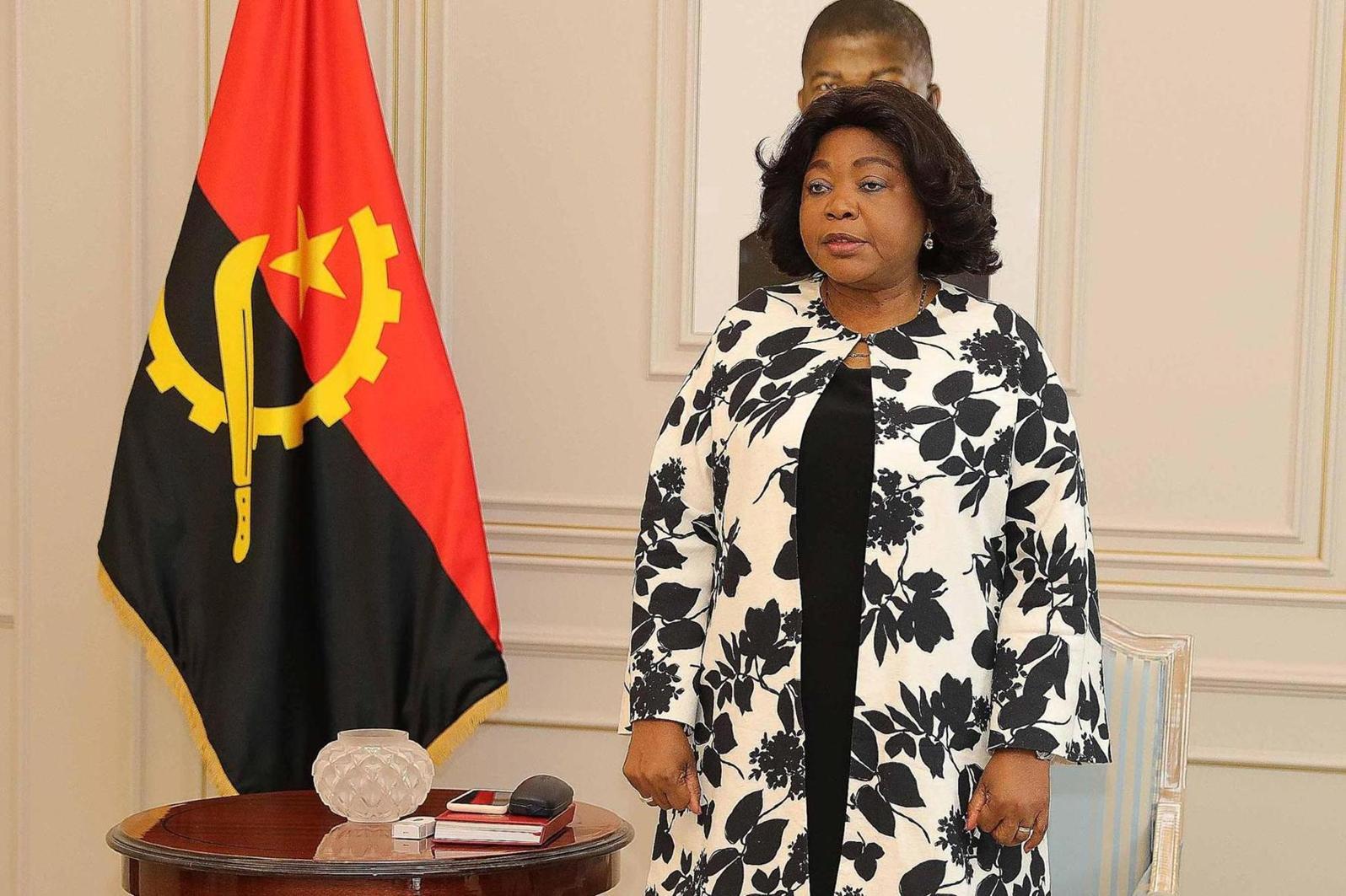Africa-Press – Angola. The Vice-President of the Republic, Esperança da Costa, this Wednesday addressed the operation of the Science Center of the Community for the Development of Southern Africa (SADC) with a delegation from the organisation, headed by minister Maria do Rosário Bragança Sambo.
Speaking to the press, the president of the Council of Ministers of the Southern African Science Center for Climate Change and Adaptive Soil Management (SASSCAL), Maria do Rosário Bragança Sambo, highlighted the financial support to the institution by the German government and the Union European.
Maria do Rosário Bragança Sambo also reported on the holding, in Angola, of the Southern Africa regional workshop within the framework of the Global Monitoring Program for Environment and Security (GMES), which will include the participation of 32 young people, 12 of them Angolans.
The event is an initiative of SASSCAL and the Council for Scientific and Industrial Research (CSIR), with the aim of bringing policy decisions from African leaders and other stakeholders on the continent’s wetlands, environment and water resources management.
For this reason, he considered “important the integration of Angola in multilateral initiatives, within the framework of human and infrastructural training linked to science and technology”.
Maria do Rosário Bragança Sambo added that, with the participation of Angola, the researchers are living up to the financial contribution of the Angolan government in training projects involving students in doctoral programs at a university in Namibia.
The delegation was attended by the coordinator of the Space Program for Global Monitoring of the Environment for Security in Africa, Tidiane Guattara, who is responsible for matters related to space science.
On the occasion, Tidiane Guattara praised the initiative of the Angolan government, for placing science, technology and innovation at the center of its attention.
The GMES and Africa Program is an initiative of the Earth Observation Systems (OT) of the African Union and the European Union, in response to global needs, to manage the environment, understand and mitigate the effects of climate change and ensure civil security and provide information to policy makers, scientists, the private and public sectors.
For More News And Analysis About Angola Follow Africa-Press






